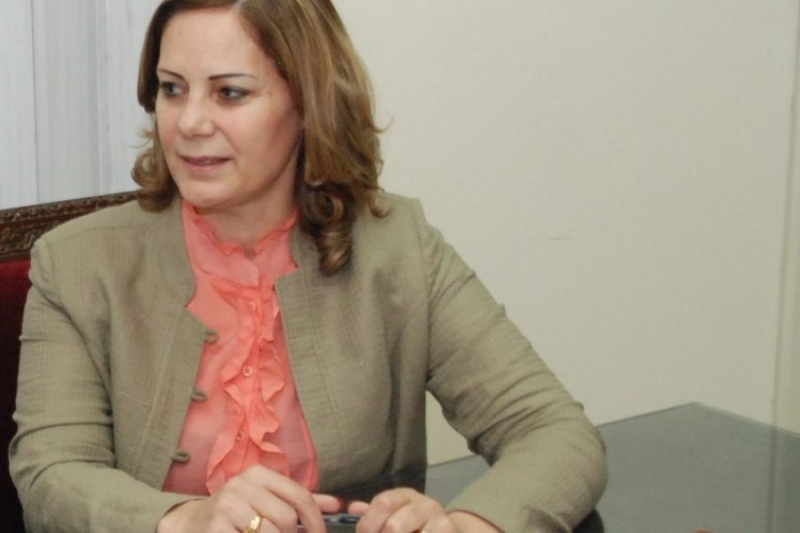Ghada Ibrahim, the rapporteur of the Legislative and Constitutional Affairs Committee of the People’s Assembly, revealed that the Special Joint Committee had discussed the draft amendment to the law prohibiting information crimes. The amendments reformulated two Articles against undermining the prestige of the state and that of the public employee, by making them more accurate. The changes aimed to prevent any interpretation that failed to mention the amendment’s details in relation to the state prestige law.
In a statement to al-Watan, Ibrahim explained that the Article on undermining the employee’s dignity was redrafted by the joint committee of Legislative & Constitutional Affairs, Media, Communications & Information Technology. The amendments distinguish between abusing state employees personally and abusing them professionally. Ibrahim explained that the penalty for professionally abusing a public employee for performing work duties was more severe than for personal abuse, without specifying the punishment for both offenses.
Ibrahim indicated that offending people is not offending the state, and therefore the penalties should be gradual, whether prison sentences or financial fines, according to the size of the crime, if it is a misdemeanor or a felony, She suggested that the penalty for misuse of information concerning the state is more severe than obtaining this information, noting that the penalties should be more severe when offending the state.
Read Also: MPs Call on Government to Resign
Ibrahim pointed out that the two Articles on undermining the prestige of the state and undermining the prestige of the employee were discussed extensively. She stressed that the committee has come a long way in discussing the bill and there are many amendments by the joint committee before presenting it to the Council for discussion and to be voted on.
The draft materials reached by the Committee had been discussed legally, scientifically, and technically. Therefore legal, technical, and scientific views were discussed and approved in order to come up with a law that met the ambition with regard to the use of the Internet.
Ibrahim said the bill does not threaten the freedom of the press and the media and does not conflict with any other law, noting that any provision not contained in this bill can be referred to the General Penal Code of 1949, noting that the bill came to control the use of media.
This article was translated and edited by The Syrian Observer. The Syrian Observer has not verified the content of this story. Responsibility for the information and views set out in this article lies entirely with the author.


